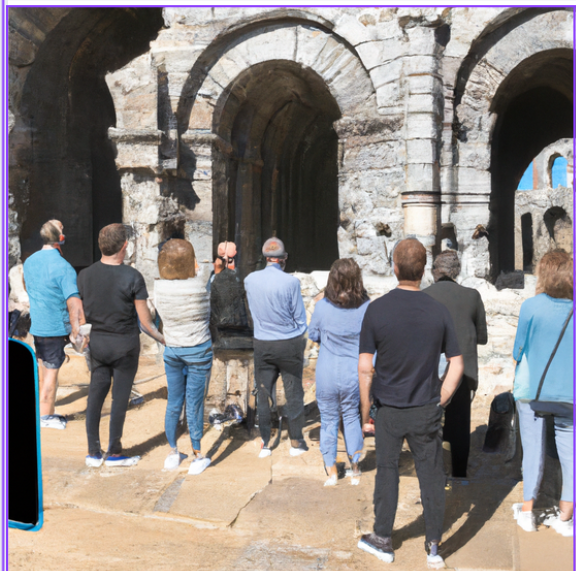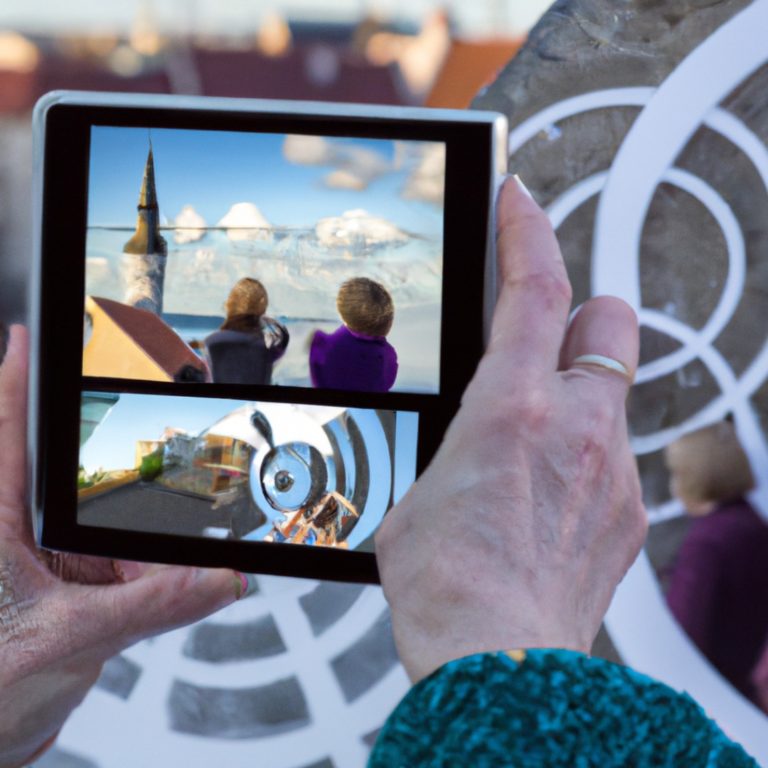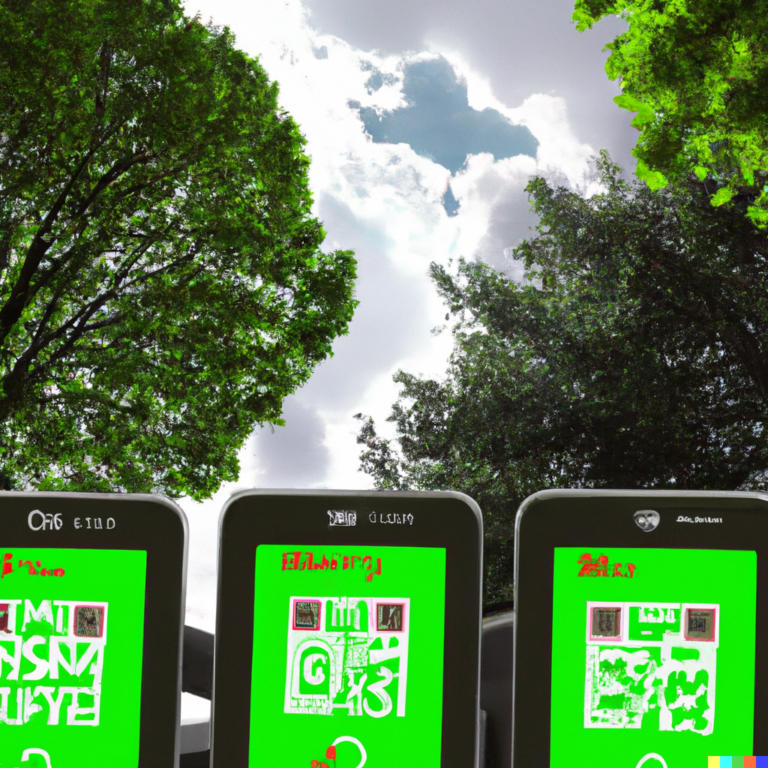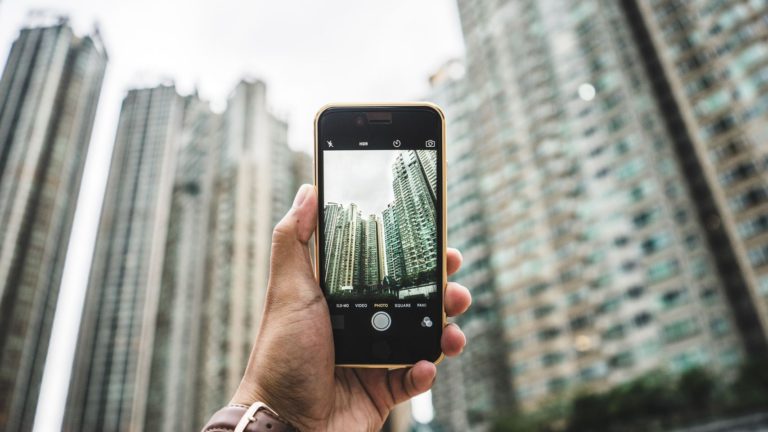The technological revolution, together with recent global crises, are transforming the classic paradigms of tourism destinations. On one hand, thanks to the transition from analogue to digital, cities have become Smart Cities, on the other hand, the destinations have evolved into Smart Destinations, forcing a global revision of the service and supply systems.
In this context, it is clear that the acceleration of digital transformation in the tourism sector is a priority for the management of destinations, especially in reference to the management of natural resources, the conservation of heritage and culture, the improvement of the social fabric and the overall liveability of tourist destinations.
Moreover, in this sense, an obvious question arises that affects all stakeholders in the sector: How can technological innovations be harnessed to improve not only resident engagement but also decision-making, along with social inclusion and citizen-centric service provision, so that tourists feel like real “temporary inhabitants” of the place?
The answer comes from the new “Smart tourism destinations” model, which includes technological solutions of various kinds to plan, promote, develop and manage tourist destinations.
The aim is to make European destinations more innovative, more sustainable and more data-driven, thus supporting them to improve their tourism services and the experiences offered to travellers through cutting-edge digital solutions.
The smart destination therefore represents a new model to support the tourism system in the adoption of new technologies, encouraging innovation and improving data management, offering new high-quality tourism products in line with market demands and encouraging the development of smart, responsible and sustainable tourism in Europe, strongly keeping in mind a more collaborative and human-oriented forms of tourism development.
The implementation of smart tourism initiatives to overcome current destination challenges requires the introduction of new technologies in tourism, which can radically change the user experience from a cognitive and emotional point of view.
Augmented reality, together with artificial intelligence (AI), can bring tourists into a new dimension without abandoning contact with reality. Thanks to the adoption of new methods of digital interaction, the experience is entering a new era in all its aspects. From the marketing phases, in which the visitor is the object and not the subject of the experience, to the selection, booking and purchase phase, up to the use phase, these new interaction languages will not only facilitate the processes but will overturn them, transforming the tourist experience in something different than what we are used to today.






